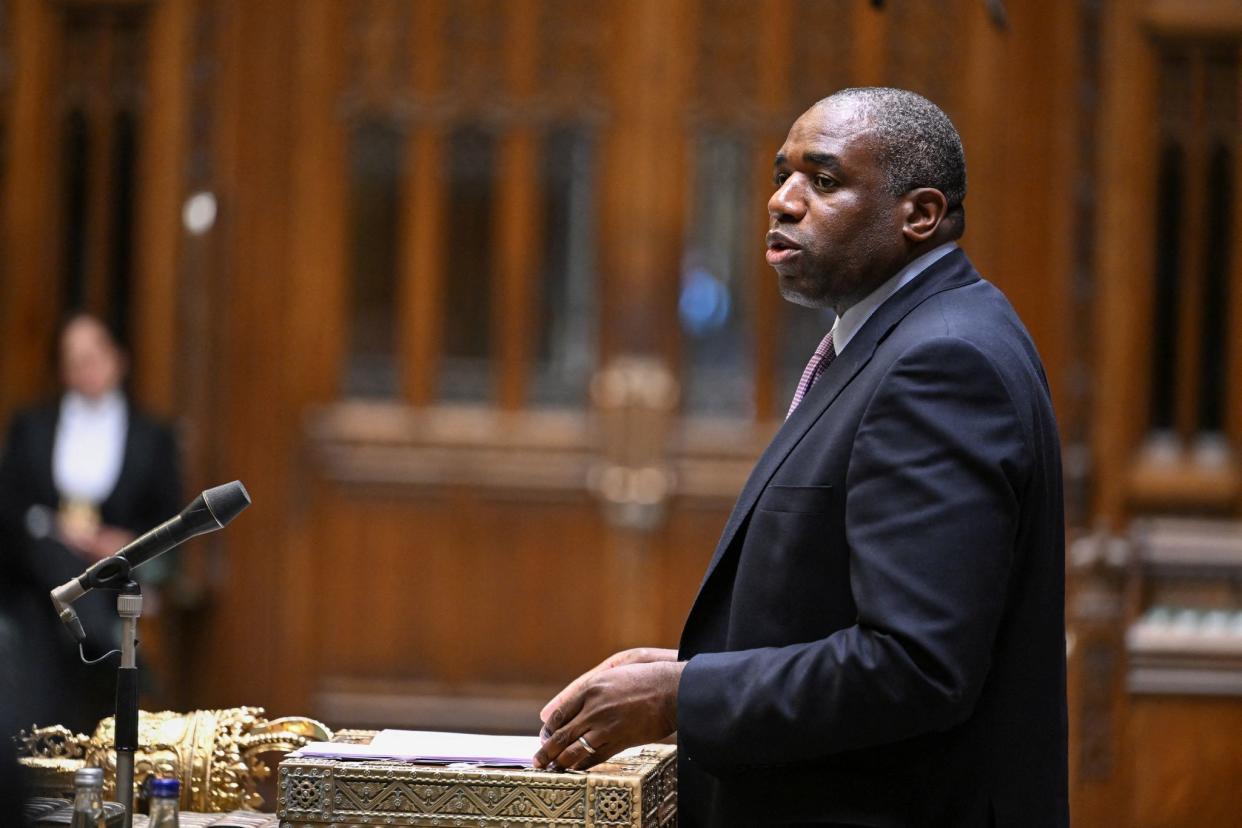UK Government Drops Challenge to ICC Arrest Warrant for Israeli Leaders
In a significant shift in foreign policy, the UK’s new Labour government has decided to abandon its opposition to the International Criminal Court (ICC) issuing arrest warrants for Israeli Prime Minister Benjamin Netanyahu and Defence Minister Yoav Gallant. This announcement, made by the prime minister’s spokesperson on Friday, marks a notable departure from the stance taken by the previous Conservative administration.
Background
The decision comes in the wake of ICC chief prosecutor Karim Khan's application for arrest warrants against both Israeli leaders, as well as senior Hamas officials, for alleged war crimes committed during the ongoing conflict. The request for warrants was made in May, highlighting the ICC's ongoing investigations into actions taken by both sides in the Israeli-Palestinian conflict.
Previous Government's Stance
Under the Conservative government, there was a clear reluctance to recognize the ICC's jurisdiction in this matter. A former foreign office minister had stated that the UK did not believe the ICC had the authority to act, citing the UK’s non-recognition of Palestine as a state and Israel's non-participation in the Rome Statute, which established the ICC. This position effectively shielded Israeli leaders from potential legal repercussions on the international stage.
New Direction
The Labour government’s decision to not proceed with the previous administration's challenge is significant. The spokesperson clarified that the government had not formally withdrawn the challenge but had opted not to advance a proposal that was never submitted to the ICC. This indicates a willingness to engage with international legal frameworks and a potential shift in the UK’s approach to the Israeli-Palestinian conflict.
Broader Implications
This policy change aligns with Foreign Secretary David Lammy's recent announcement regarding the restoration of funding to the UN agency for Palestinian refugees. Such moves suggest a broader commitment by the Labour government to address humanitarian issues in the region and to reassess the UK's role in international diplomacy concerning Israel and Palestine.
Conclusion
The UK government's decision to drop its challenge to the ICC's arrest warrants for Israeli leaders reflects a significant shift in policy that could have far-reaching implications for international relations and the ongoing conflict in the Middle East. As the Labour government navigates this complex landscape, its actions will be closely monitored by both supporters and critics alike.
